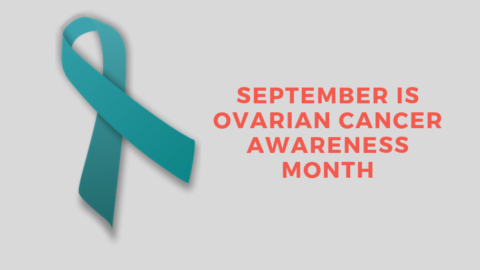Washington, D.C. – September 24, 2019 – The Society for Public Health Education (SOPHE) announces the publication of “Collaborating for Equity and Justice,” a special supplement of its peer-reviewed journal Health Education & Behavior (HE&B) that documents powerful uses of community organizing to drive social change and address health disparities in vulnerable populations.
The open access supplement features 12 articles, including six case studies of engaging populations that have experienced decades of oppression, and details characteristics of authentic partnerships that can catalyze community-driven, equitable change.
The supplement, funded by the Robert Wood Johnson Foundation (RWJF), expands on Tom Wolff and colleague’s six principles of equity and justice to facilitate successful cross-sector collaboration for social change in populations who have historically experienced powerlessness. Collectively, the papers describe collaborative initiatives that address social and economic injustice, structural racism, community organizing to facilitate resident power and ownership, and structural change.
“In addition to the power of community organizing for equity and justice, these papers expose insights into power sharing and building the capacity of communities to do this work, which is critical for long-term social improvements, ” says Michelle Kegler, DrPH, supplement editor and professor, Emory Rollins School of Public Health. “The principles that call for the most significant changes for public health education practitioners and researchers, may be the explicit focus on racial injustice and more frequent use of community development and organizing strategies to build resident power.”
One qualitative study in the supplement involving 137 community organizers from diverse areas of the country, documents the organizers’ achievements, strategies and fundamental concerns in seeking equity and justice, such as mass incarceration, voter suppression, and immigrant rights.
Key lessons underscore the need to start with issues that matter to the community; engage neglected, disenfranchised communities to build leadership and power; capitalize on the strength and importance of organizing led by women of color, especially Black women; and leverage public health while using a health equity lens.
Throughout the supplement, authors describe the major shift in structuring partnerships and power narratives from “doing for” communities to “doing with” them, and its impact on sustainable policy changes.
Case studies involve community-led that tackle environmental issues, criminal justice reform, obtain identification cards for undocumented residents to help them apply for work, and improve sexual health equity for gay, bisexual, and transgender youth. A Native American coalition describes the importance of language, culture and indigenous knowledge and practices in working toward and achieving policy changes to improve health.
“We are grateful to the authors in this supplement for bringing forth new insights from their community-driven efforts to address the root causes of health inequities and reveal new insights for research and practice,” says Tracy Orleans, PhD, senior program officer/senior scientist at RWJF. “Building a Culture of Health must address underlying social and economic injustices and structural racism and catalyze a new model of leadership for community change through equitable, multisector partnerships.”
Despite substantial progress in using coalitions to achieve health policy changes, the closing supplement article underscores the need for public health researchers and practitioners to deepen their knowledge of community organizing and authentic resident engagement. There is no simple method of “combining coalitions and community organizing initiatives. Collaboratives should consider how the power of organized residents relates to their goals and how they can work with residents who are either already organized or help to catalyze and support resident organizing.”
The open access HE&B supplement is available at https://journals.sagepub.com/toc/hebc/46/1_suppl
# # #
About Health Education & Behavior
Health Education & Behavior (HE&B) is a peer-reviewed, bi-monthly journal of the Society for Public Health Education (SOPHE). The journal provides empirical research, case studies, program evaluations, literature reviews, and discussions of theories of health behavior and health status, and strategies to improve social and behavioral health. HE&B examines the processes of planning, implementing, managing, and assessing health education and social-behavioral interventions.


